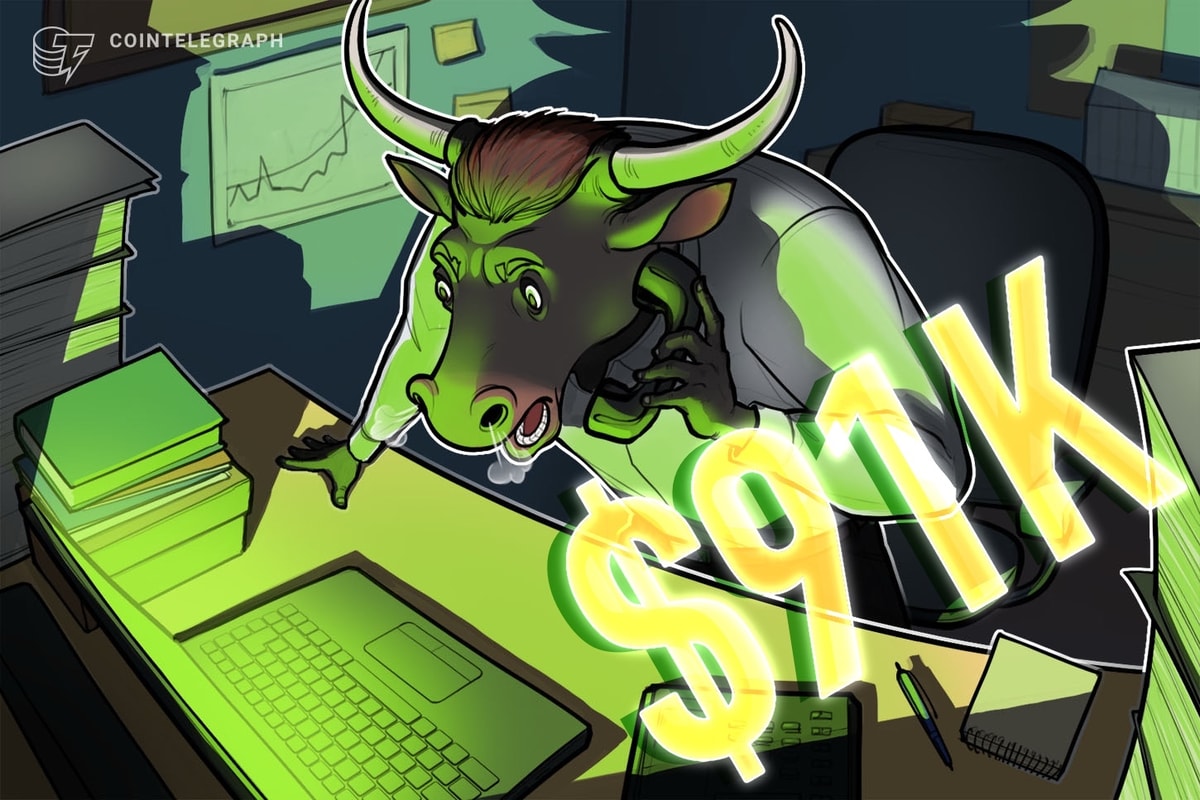Recently, Jackson Palmer, creator of Dogecoin called the crypto community "toxic" and said he was leaving the space. Palmer, and others like him, could be called a “jaded Satoshi.” What causes some people to tire and give up on crypto?
Bitcoin has been through a hellish run since 2009. The following stresses may cause people to become “jaded.”
Value
The first problems in Bitcoin involved finding value. Almost from the beginning, a malay of researchers and economists chimed in through various media outlets to give their two cents on the subject.
The problem with value wasn't necessarily a bad thing. It produced numerous amounts of new research and new discussion about money: What is money? How is it derived? How it's regressed, and so forth. Although these debates sometimes seemed negative, their consequence was to add value to Bitcoin, and to begin a meaningful study of new ways to define money.
Hackers and Thieves
Then came the hackers. The media reports on these events like no others. Services can get hacked and compromised, but Bitcoin's code cannot. I say 'services' because as of yet, no one can break the Bitcoin Protocol. Hacks happen and persist because service companies and users themselves don't take the necessary precautions in protecting assets. For instance, people leave serious amounts of money on exchanges because it’s convenient for trading. Yet they should be prepared to lose at any time what you are holding there. They take this risk in exchange for the time it takes to transfer funds. They take this risk when they leave their wealth with a third party.

Scams
We’ve had scammers and shady actors associated with theft and fraudulent activity. The Mark Karpeles, Ryan Kennedys and others perhaps influenced by the mafia. A lot of people will tell you that these so called grifters were exposed well before they did anything shady. This is why scrutinizing is not a bad thing and sometimes can be a very good thing. This community is very much based on reputation and delivering an actual product.
Price
The wild swings in the price of Bitcoin cause some to give up. We all heard the dreaded "worst investment of 2014" articles come out. Most enthusiasts grinning and bearing the outlash. While community members continue to protect the good name of bitcoin and all its Satoshis. They stay mean and protective like the honey badger. "We don't care what you think. The honey badger doesn't care." "It's just a great time to buy" are the rally cries.
Jaded Satoshis
Calling people who are overprotective 'jaded' might be the wrong term. It's possible to become so but there are very few people who've left due to this feeling. There are rare occurrences where one could get so burnt out from the uphill Bitcoin battle that they leave.
Perhaps people who feel this way should just leave? Maybe the real “jaded Satoshis” should stand up and walk away. Many are trying to progress and find "real" solutions.
Solutions
There are many things that can help alleviate the symptoms of this edgy honey badger type feeling. Reputation systems like Bitrated which establishes identity and reputation networks will help protect the consumer and the crypto ecosystem. Exchanges, brokers, and online wallet services can insure the funds they hold, keep better security like offering multisig and two factor authentication adding more trust to the environment. Overall education in the crypto space could be amped up to teach people to be more precautious.
There are some legitimately burnt out people out here. Most though are just very protective of the space in which they help to create. The community is stronger than ever and the fact is there are very few real “jaded Satoshis” out there.
Interview with Kristov Atlas
I spoke with Bitcoin security researcher Kristov Atlas to get his opinion on the matter. Kristov is aware of the battles faced within crypto scene. He has his own blog and he has written a book about Bitcoin privacy and security called Anonymous Bitcoin.
 |
Cointelegraph: Sometimes the Bitcoin community can make a person burnt out. Would you agree with that?
Kristov Atlas: Absolutely. Tons of people in the Bitcoin community are feeling burned out right now. We’ve had a lot of sprints in Bitcoin in terms of price changes and adoption, and the last year or so has been more of a grind. Some people became involved in Bitcoin several years before I did, and may feel that much more burned out. We’re slowly realizing that Bitcoin is not going to be a series of sprints, but a marathon.
It’s always been a challenging culture to live and work in, composed of geniuses, altruists, idealists, crooks, and the just plain strange people that you find in any early adopter community. During these “grind” periods, that just gets more exaggerated, as some of the rocket fuel enthusiasm that binds us together is temporarily expended.
CT: Would you consider yourself overprotective at times or jaded enough to walk away? For instance like the recent departure of the Doge creator.
KA: When things feel stagnant, it’s healthy to question faiths and beliefs. “Man, the price has really been down in the dumps. Can this crazy Internet money really work out, after all?” It’s also healthy to take a break if you’ve been heavily emotionally invested and are feeling burned out. I hope all of the participants in the Bitcoin community feel welcome to take breaks as they are needed.
That said, for those of us who believe in the technology for the right reasons, they will just be breaks. We’ll step away from the projects for a while or dial down the intensity, but then we’ll come back. Those of us who are involved for made-up reasons will inevitably lose interest and fade away.
“I would encourage you to listen to that jadedness and act accordingly.”
CT: What would you say to people in the community who feel truly jaded?
KA: Re-examine the source of your initial passion for cryptocurrencies. Do you want to revolutionize the world by democratizing commerce? That’s still the plan. Rest a bit, and come back when you’re feeling excited again. Do you want to usher in a new era of dispassion for wealth, personal authenticity, gender inclusion, and dog memes? This is probably not the right space for you, and I would encourage you to listen to that jadedness and act accordingly.
CT: What keeps you going strong facing some of the negative aspects of the brave new world we call Bitcoin?
KA: As you eloquently pointed out, much of what goes wrong in the Bitcoin ecosystem is utterly predictable. To avoid total burnout, I try to pace myself, and maintain visibility of the big picture. For people like you and me, our big picture is very big, indeed. The end of war. Collapse of corrupt, globe-spanning institutions. The incredible kinds of improvements in human life that are enabled by voluntary exchange. I find it helpful to keep those big goals in sight as I tackle the smaller steps along the way.
CT: What solutions would you suggest that could cure the feeling of getting too edgy like a honey badger? Or should some of it stay?
KA: I’ve noticed a lot of people in Bitcoin, including myself at times, fall prey to ego identification with Bitcoin. We’re so excited by it, so moved by its potential, and work so hard on growing it that we mistake it for ourselves. Then, when others loft criticisms at it — usually piggishly thoughtless, ignorant ones — we take personal offense.
When I notice I feel hurt by a criticism of this kind, I find it helpful to take a step back and remind myself that it’s not personal for the critic. It’s usually driven by the fact that Bitcoin makes some people uncomfortable. We’re upsetting the status quo, and people will lash out along the way. That’s something we can mentally prepare ourselves for, so it does not come as quite a shock.
If we were all a little more like the honey badger, we’d probably be better off. Remember: honey badger doesn’t get angry, he just doesn’t care. When the venomous snakes of the world bite you: take a nap, and then wake up and eat them.












